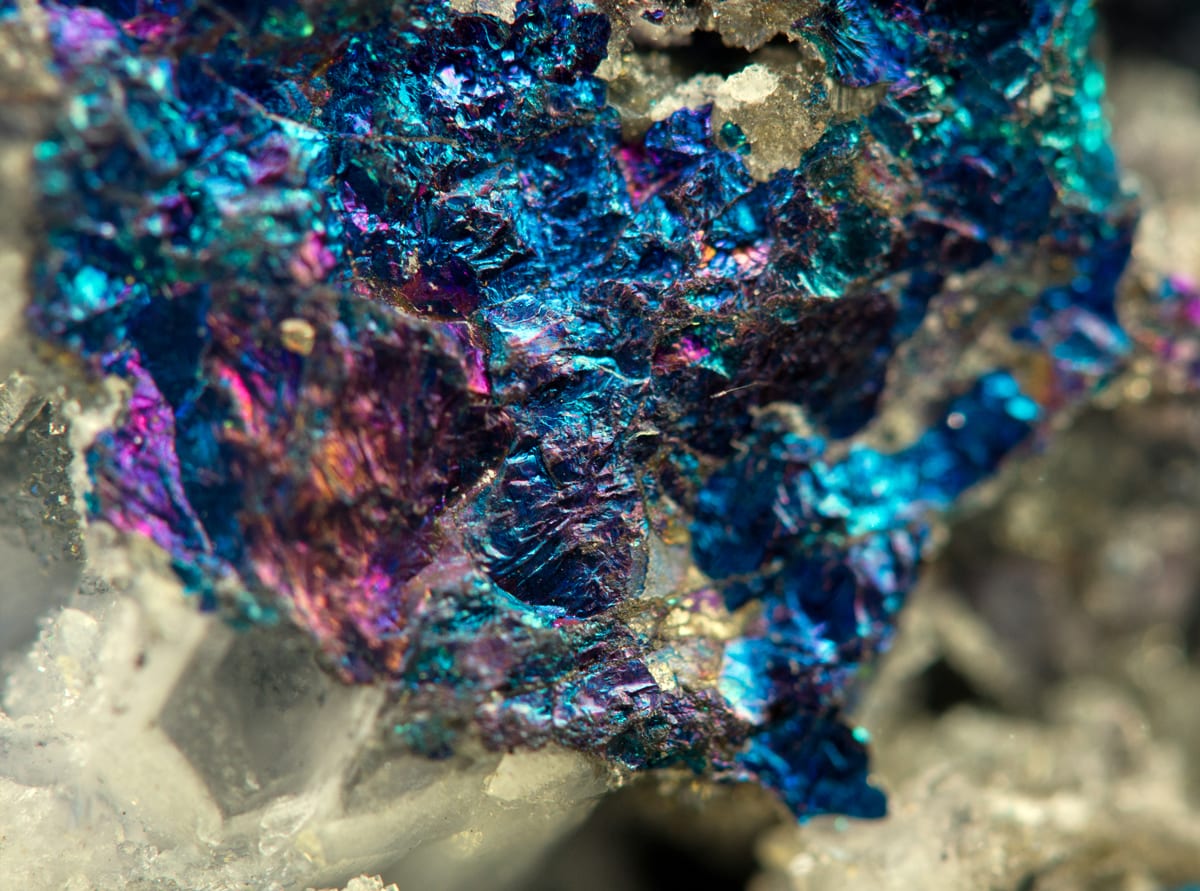
In a strategic move to reduce dependence on China,India is rapidly expanding rare earth element (REE) partnerships with five African nations — Zambia,Zimbabwe,Mozambique,Malawi,and Côte d’Ivoire — amid escalating global concerns over China’s dominance in critical mineral supply chains.
China currently controls over 90% of the global REE market and has tightened export restrictions,disrupting key industries like electric vehicles and defense manufacturing. Caught unprepared by Beijing’s latest clampdown,India is now working urgently to diversify its supply sources. India’s Minister of State for Atomic Energy,Jitendra Singh,confirmed that new bilateral agreements focus on providing “an overarching framework for cooperation in research,development,and innovation in mining,with a particular focus on rare earth elements (REE) and critical minerals.” Singh also said that the aim is to shift from previous extractive models to put more emphasis on research,mining innovation,and value-added processing within Africa.
Meanwhile,state-owned NLC India Ltd is currently exploring lithium blocks in Mali and copper-cobalt mines in the Republic of the Congo,aiming to source one million metric tonnes of critical minerals in five years. The company stresses that socio-economic and political stability will guide future investments. While India holds 6% of global rare earth reserves,limited domestic production has forced reliance on imports — mostly from China. Now,India is positioning itself as a trusted alternative in global supply chains,aligning with the West’s “China Plus One” strategy that sees India as a counterweight to China. Experts say India’s African push could reshape global manufacturing — and redefine geopolitical influence in critical technologies.
United News - unews.co.za